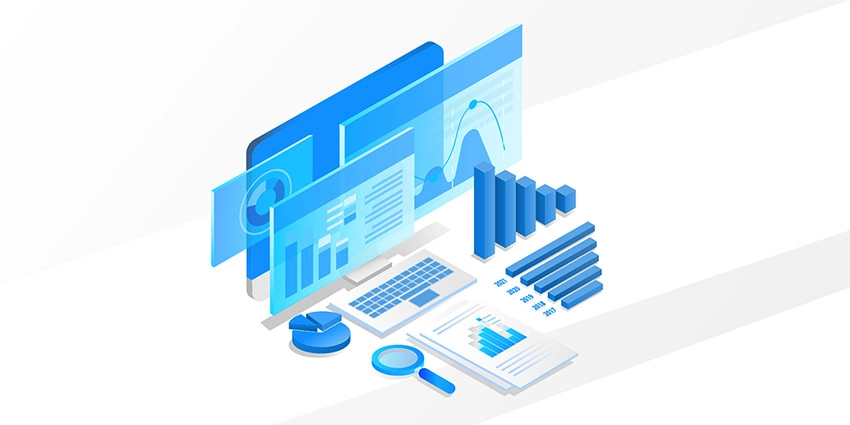How Does eDiscovery Document Review Improve Legal Proceedings?
The legal landscape has significantly transformed in recent years, with the rapid growth of digital information and the increasing reliance on technology. As a result, eDiscovery document review has become an indispensable component of legal proceedings. This article will explore how eDiscovery review of documents improves the efficiency and effectiveness of legal proceedings.
Streamlining the Document Review Process
Traditionally, document review involved sorting through large volumes of physical files and documents, which was time-consuming, labor-intensive, and prone to human error. eDiscovery has revolutionized this process by leveraging technology to automate and streamline document evaluation, leading to significant time and cost savings for all parties involved.
Through sophisticated algorithms and keyword search capabilities, eDiscovery software can quickly and accurately identify relevant documents, reducing the time spent on manual review. This enables legal professionals to focus on more strategic and value-added tasks, such as analyzing the evidence and building a strong case.
Enhancing Accuracy and Consistency
One of the key benefits of eDiscovery document evaluation is its ability to provide high accuracy and consistency in identifying and categorizing relevant documents. Manual review is subject to human error and inconsistencies, which can lead to the potential exclusion of critical evidence or the inclusion of irrelevant information.
eDiscovery software uses advanced algorithms and artificial intelligence to ensure the review process is consistent and accurate, minimizing the risk of missed documents or false positives. This ultimately results in more reliable and robust evidence for legal proceedings.
Facilitating Collaboration and Communication
The eDiscovery process often involves multiple parties, including lawyers, paralegals, and IT specialists, to review and analyze large volumes of documents. eDiscovery document evaluation platforms facilitate collaboration and communication by providing a centralized, secure, and accessible environment for all team members.
These platforms enable legal teams to share documents, assign tasks, track progress, and discuss findings in real time, fostering a more efficient and effective review process. Additionally, accessing and reviewing documents remotely enables teams to work together seamlessly, even when spread across different locations.
Supporting Compliance and Security
Legal proceedings often involve sensitive and confidential information, making it essential to ensure that data is managed securely and in compliance with relevant regulations. eDiscovery document review platforms are designed to meet these stringent requirements with robust security measures and built-in compliance features.
These platforms typically offer secure data storage, encryption, access controls, and audit trails to ensure that sensitive information is protected and accessible only to authorized users. Moreover, eDiscovery software can help legal teams identify and address potential compliance issues, such as personally identifiable information (PII) or privileged communications, through automated redaction and tagging.
Providing Analytics and Reporting
eDiscovery document evaluation platforms offer a wealth of analytical tools and reporting capabilities to help legal teams make better-informed decisions throughout the litigation process. By analyzing document metadata and content, these platforms can provide insights into document relationships, communication patterns, and potential risks.
Legal professionals can leverage these analytics to uncover hidden connections, identify key documents and witnesses, and assess the strength of their cases. Additionally, eDiscovery software can generate customized reports to track the progress of the review process, ensuring that deadlines are met, and resources are allocated effectively.
Conclusion
eDiscovery document review has become an essential component of modern legal proceedings, offering a range of benefits that significantly improve the litigation process’s efficiency, accuracy, and effectiveness. By streamlining document evaluation, enhancing consistency, facilitating collaboration, supporting compliance, and providing valuable analytics, eDiscovery has transformed how legal professionals approach litigation and ultimately contributed to a more just and efficient legal system.






